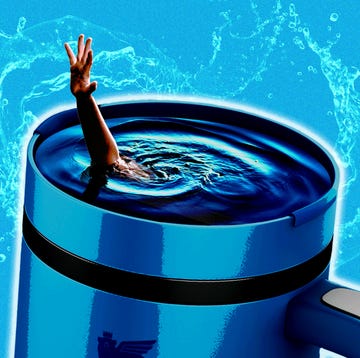It might be time for Joe from accounting to learn how to format his own expense reports: Helping your colleagues at work can hurt your own job performance, research in the Journal of Applied Psychology suggests.
In the study, the more people reported helping their coworkers with job-related problems, the more emotionally and mentally exhausted they felt by the end of the day. And that kind of exhaustion can make your job performance suffer because it depletes your limited pool of mental resources, says Russell Johnson, Ph.D., one of the study’s lead authors.
Then when it’s time to return to your own work after focusing on someone else’s task, your brain has to expend more mental effort, he says.
Begrudgingly helping someone—say, lending a hand even though the requests are driving you crazy—can be even worse. That’s because you know you have to keep it friendly and professional: So you’ll also be working to mask your frustration or resentment when helping them complete the task.
And suppressing negative emotions is proven to be especially draining, Johnson says. (Here are 6 easy ways to beat job stress.)
So, what’s a team player supposed to do? Limit yourself to committing to no more than 3 help requests from coworkers a day, Johnson says—the more you say yes, the more draining it becomes.
And saying “no” doesn’t have to make you a jerk: “You can deny someone politely by explaining why you can’t help at that moment,” Johnson says. “Explanations go a long way toward maintaining positive working relationships.”
As for your existing brain drain? A short nap, a 5-minute walk, or a caffeinated drink can replenish some of that lost brainpower, Johnson says.













